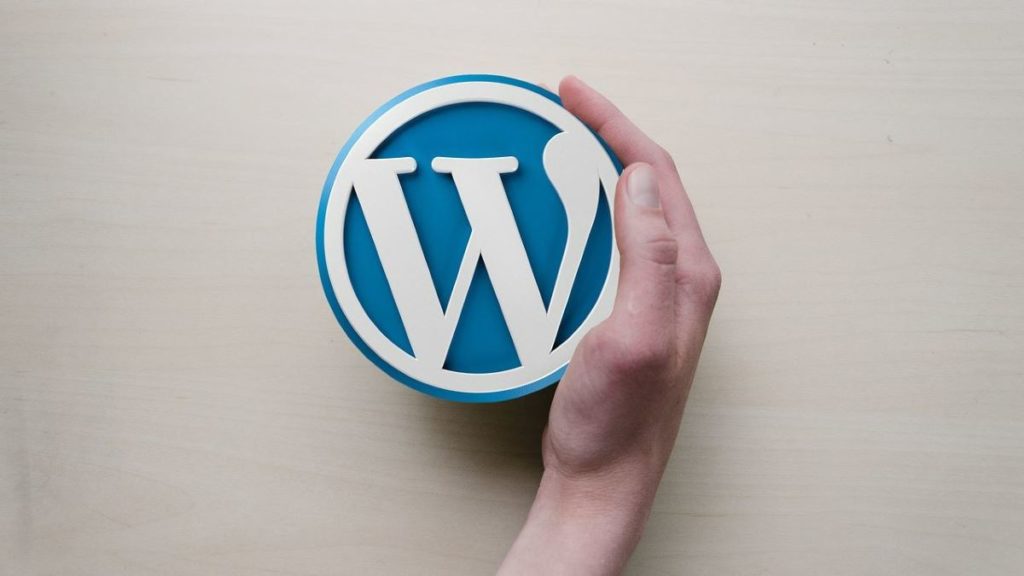Featured image from Kevin Phillips via Pixabay
Since its inception in 2003, WordPress has become a titan among website software platforms. WordPress is used by 43% of all the websites on the internet, and its usage has increased by 12% a year since 2011. Further, 65% of all websites using a content management system (CMS) use WordPress. The first runner-up, Shopify, clocks in at a mere 6%. In short, WordPress has the market all but cornered.
But just because something’s popular doesn’t necessarily mean it’s a right fit for your business. Though their market share is much smaller, there are other CMS platforms out there. These include as Joomla, Squarespace, Wix, and others.
Is WordPress still the best fit for your business in 2022, or should you be looking elsewhere for a website solution? In this article, we’ll weigh the pros and cons of using the platform. Then you can decide if WordPress is still the right choice for you.
RELATED ARTICLE: 9 TIPS FOR BUILDING AN ATTENTION-GRABBING BUSINESS WEBSITE
Advantages of Using WordPress
First, let’s take a look at some of the platform’s major strengths.
First, WordPress is inexpensive, which is to say, free. There are plenty of premium themes, plugins, and subscription services out there, of course. But the basic software costs nothing, and free plugins will take care of a lot of your needs.
It’s beginner-friendly, making it easy to put together a website even if you don’t have web development skills. The platform has a solid tutorial. Moreover, there are WordPress web hosting services that will do all the hard work for you.
WordPress is also flexible and modular. This will allow you to make all kinds of websites, whether for e-commerce, portfolios, product information, or any number of other purposes. The wealth of free plugins and themes make it easy to tailor WordPress to your precise needs. And most modern themes have responsive design built in, relieving you of the need to develop that independently.
What’s more, it’s SEO-friendly. Not only are there some great SEO features built into WordPress, but plugins like Yoast SEO can take your SEO to the next level with relatively little effort or expense.
Drawbacks of Using This Platform
Clearly, there are a lot of great reasons to use WordPress. But we should also talk a little about some of the things that might prove troublesome.
The sheer volume of plugins, themes, options, and tools at your disposal can be a great strength. However, it can also be overwhelming, especially if you’re new to the platform.
In addition, the more plugins you have, the more potential security holes there are. Not all plugins are properly vetted or approved by WordPress itself. So you should be choosy about what you decide to install on your site or look for professional WordPress support for a free consultation. And make sure to keep up with software and security updates.
Additionally, too many plugins can slow your site down or even cause crashes. Moreover, downtime can be absolutely deadly in the business world. This is yet another reason to be quite choosy about what plugins you use.
Finally, there are some cases where you need something WordPress can’t do natively. This means paying a third party to develop it for you—and that can get pricey fast.
How to Do WordPress Right
So let’s say you decide to go (or stick) with WordPress for your business website needs. What are some steps you can take to make sure you’re getting the most out of the software? Here are some best practices and vital steps to make sure the software keeps working for you.
First, find yourself a fast and reliable WordPress hosting service. While it’s possible to set it up yourself, unless you’re a network admin, you probably have better things to do with your time. Find someone with a 99.9% uptime rate and solid testimonials.
Do a security checkup every so often. Make sure your SSL certificate is in place and that you and your users are practicing good password hygiene. Again, watch those plugins and updates.
Speaking of plugins, it’s never a bad idea to have some cache and optimization plugins in place. If your website is successful, that will mean more traffic. This can put a heavier load on your website. Having a caching/optimization plugin will help your website’s performance and avoid the dreaded slow loading and downtime. Even a few seconds of waiting can cause your visitors to bounce.
It’s also important to have a “sandbox” where you can test plugins, change design elements, and try out any other changes without making a ton of untested changes to your live website. If some plugins don’t play well together or a theme really doesn’t work, you don’t want to find that out the hard way.
RELATED ARTICLE: RANK HIGHER ON GOOGLE: 5 POWERFUL TIPS TO GET YOU THERE
Be Sure to Have a Backup Plan
Finally, it’s important to make sure you have a backup plan, either from the hosting service itself, internal or external backup solutions, or (preferably) all of the above. Having your website go down is bad—but having it be gone is much worse.
RELATED ARTICLE: HOW DOES BUSINESS AUTOMATION WORK?
